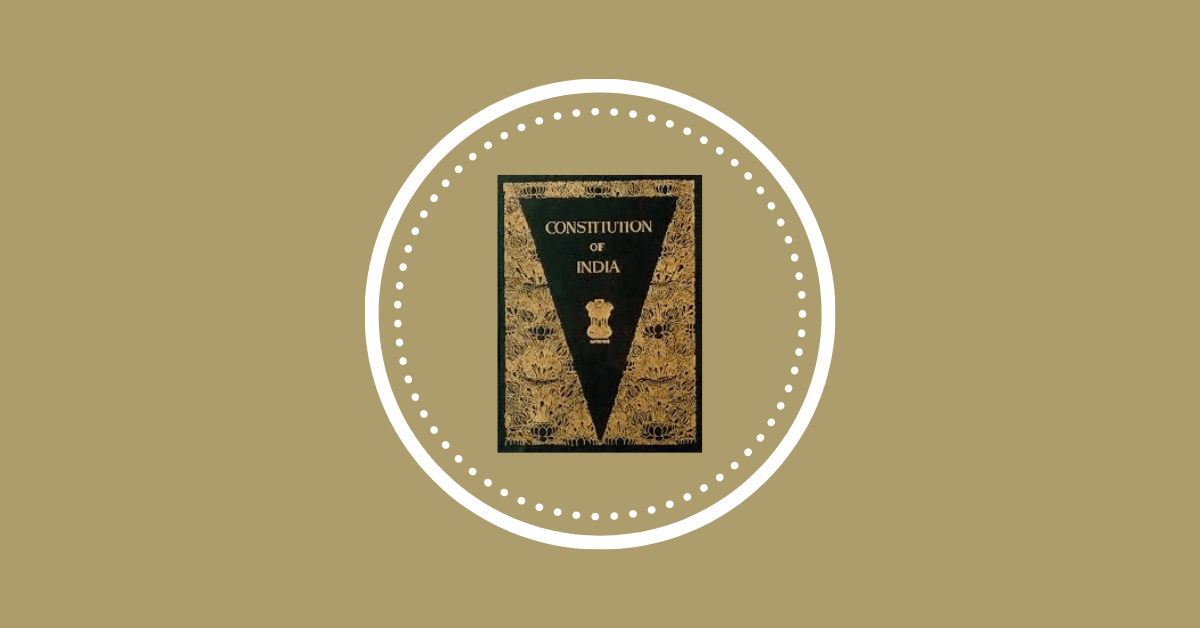
Fundamental Duties are a set of moral and ethical obligations enshrined in Part IV-A (Article 51A) of the Indian Constitution. This article contains a listing of the Fundamental duties as per the Indian constitution and important points to remember related to them. Read here to learn better.
The fundamental duties were added through the 42nd Amendment Act of 1976, and they serve as a reminder to citizens about their responsibilities towards the nation and society.
The Fundamental Duties are non-justiciable, meaning that they are not enforceable through legal action in courts. However, every citizen must uphold these principles.
Fundamental Duties as per Indian Constitution
By the 42nd Amendment of the Constitution, adopted in 1976, the Fundamental Duties of the citizens have also been enumerated.
Article 51 ‘A’, contained in Part IV A of the Constitution deals with Fundamental Duties.
These enjoin upon a citizen among other things, to abide by the Constitution, to cherish and follow noble ideals, which inspired India’s struggle for freedom, to defend the country and render national service when called upon to do so, and to promote harmony and spirit of common brotherhood transcending religious, linguistic and regional or sectional diversities.
- Respect the Constitution: To abide by the Constitution and respect its ideals and institutions, the National Flag, and the National Anthem.
- Cherish Ideas of Freedom Struggle: To cherish and follow the noble ideals that inspired the national struggle for freedom.
- Protect the Unity of India: To uphold and protect the sovereignty, unity, and integrity of India.
- Defend the country: To defend the country and render national service when called upon to do so.
- Brotherhood, no ill-treatment of women: To promote harmony and the spirit of common brotherhood among all the people of India, transcending religious, linguistic, and regional or sectional diversities, to renounce practices derogatory to the dignity of women.
- Preserve our heritage and culture: To value and preserve the rich heritage of the country’s composite culture.
- Protect our environment: To protect and improve the natural environment, including forests, lakes, rivers, and wildlife, and to have compassion for living creatures.
- Safeguard public property: To develop scientific temper, humanism, and the spirit of inquiry and reform.
- Develop a scientific temper: To safeguard public property and to abjure violence.
- Excellence – Individually and Collectively: To strive towards excellence in all spheres of individual and collective activity.
- Education to the child (6-14 years) by the parent.
Also read: Fundamental Duties: Part IVA (Article 51A)
Points to remember:
- Article 51A – Article Mentioning Fundamental Duties.
- Added by the 42nd Amendment (1976)
- Originally 10 duties, 11th duty added in 2002 (86th amendment)
- Inspired by the Russian constitution.






Best of all the world notes